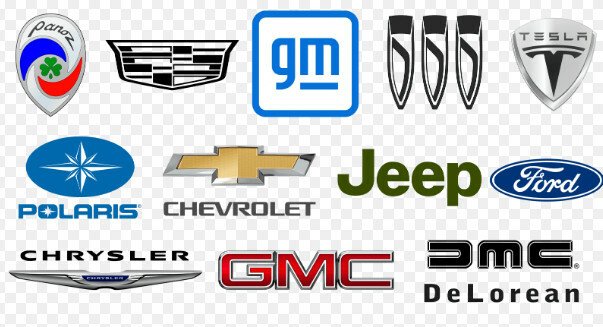|
Getting your Trinity Audio player ready...
|
Car brands are a ubiquitous part of modern life, but few people know how they came to be. The origins of car brands can be traced back to the late 19th century when the first cars were being built. Since then, brands have evolved and grown into some of the most recognizable names in the world. Here are some facts about how car brands were made.

Car brands were created by the companies that built them.
The first cars were built by small companies that had little name recognition. These companies began to create their brands to distinguish themselves from their competitors. Some of the earliest brands included Daimler, Benz, Peugeot, and Ford.
Many brands were named after their founders.
In the early days of the automobile industry, many car brands were named after the people who founded them. For example, Ford was named after Henry Ford, while Mercedes-Benz was named after Karl Benz and Gottlieb Daimler.
Some brands were named after places.
Other car brands were named after places that were significant to their founders. For example, Cadillac was named after Antoine Laumet de La Mothe, sieur de Cadillac, who founded the city of Detroit. Chevrolet was named after Louis Chevrolet, a Swiss race car driver who moved to the United States and began building cars.
Car brands have been acquired and merged over the years.
As the automobile industry grew and consolidated, many brands were acquired by larger companies. For example, Rolls-Royce was acquired by BMW in 1998, and Bentley was acquired by Volkswagen in 1998. Other car brands have been merged, such as the merger between Chrysler and Daimler-Benz in 1998.
Many brands have been discontinued.
Over the years, many brands have been discontinued due to a variety of factors. Some brands, such as Oldsmobile and Pontiac, were discontinued as a result of General Motors’ restructuring efforts. Other brands, such as Saturn and Plymouth, were discontinued due to poor sales and a lack of profitability.
Some brands have been revived.
Despite the many brands that have been discontinued, some have been revived. For example, the Italian car brand Alfa Romeo was revived in 2007 after a hiatus of several years. Similarly, the British car brand MG was revived in 2011 after being dormant for several years.
They have become symbols of national identity.
In many countries, brands have become symbols of national identity. For example, BMW, Mercedes-Benz, and Volkswagen are all German car brands that are closely associated with Germany’s engineering prowess. Similarly, Ferrari, Lamborghini, and Maserati are all Italian brands that are associated with Italy’s style and design.
Some car brands have become household names.
Over time, some brands have become so ubiquitous that they are now household names. For example, everyone knows what a Ford, Toyota, or Honda is, even if they have never owned one. These brands have become synonymous with reliability, affordability, and innovation.
brands have inspired brand loyalty among consumers.
For many people, their choice of car brand is a reflection of their identity. They may have grown up with a particular brand, or they may have had a positive experience with a certain model. As a result, many people develop brand loyalty and become devoted to a particular car brand.
brands have become a multi-billion dollar industry.
Today, the car industry is one of the largest and most profitable industries in the world. Car brands are worth billions of dollars and employ millions of people worldwide. As the industry continues to evolve, we can expect to see more changes in the way brands are created and marketed.
Conclusion
In conclusion, the history of brands is a fascinating and complex story that reflects the growth and evolution of the automobile industry. From the early days of small, independent car companies to the present-day dominance of multinational corporations, brands have come to represent much more than just the cars they produce. They are symbols of national identity, personal identity, and even cultural values. While many brands have come and gone over the years, others have become household names and inspired brand loyalty among consumers. As the car industry continues to evolve, we can expect to see more changes in the way brands are created and marketed, but one thing is certain: brands will continue to play an important role in our lives and the history of the automobile.
